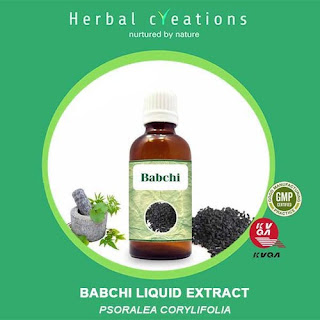Senna:Uses and Side Effects
Senna is an herb. The leaves and the fruit of the plant are used to make medicine.
Senna is an FDA-approved over-the-counter (OTC) laxative. A prescription is not required to purchase senna. It is used to treat constipation and also to clear the bowel before diagnostic tests such as colonoscopy.
Senna is also used for irritable bowel syndrome (IBS), anal or rectal surgery, tears in the lining of the anus (anal fissures), hemorrhoids, and weight loss.
Effective for
Constipation. Taking senna by mouth is effective for short-term treatment of constipation. Senna is an FDA-approved nonprescription drug for adults and children ages 2 years and older. However, in children ages, 3-15 years, mineral oil and a medication called lactulose might be more effective than taking senna. Senna also appears to be effective for treating constipation when used in combination with psyllium or docusate sodium. In elderly people, senna plus psyllium is more effective than lactulose for treating ongoing constipation. Senna plus docusate sodium is effective for treating constipation in the elderly and in people who have undergone anorectal surgery. Taking senna appears to be as effective as lactulose, psyllium, and docusate for relieving constipation in people taking opioids or loperamide.
Bowel preparation before colonoscopy. Taking senna by mouth is as effective as castor oil and bisacodyl for bowel preparation. Some evidence suggests that senna is also at least as effective as polyethylene glycol for bowel preparation. However, conflicting evidence exists. It is unclear if taking senna with polyethylene glycol is more effective than taking polyethylene glycol alone. Senna appears to be less effective than sodium phosphate for bowel cleansing. However, taking a combination of senna, sodium picosulfate, and polyethylene glycol appears to be more effective than sodium phosphate for bowel preparation prior to colonoscopy.
Electrolyte disturbances, potassium deficiency: Overuse of senna can make these conditions worse.
Dehydration, diarrhea or loose stools: Senna should not be used in people with dehydration, diarrhea, or loose stools. It can make these conditions worse.
Gastrointestinal (GI) conditions: Senna should not be used by people with abdominal pain (either diagnosed or undiagnosed), intestinal blockage, Crohn’s disease, ulcerative colitis, appendicitis, stomach inflammation, anal prolapse, or hemorrhoids.
Heart disease: Senna can cause electrolyte disturbances and might make heart disease worse.
Visit Our Main Website: https://herbal-creations.com/




Comments
Post a Comment